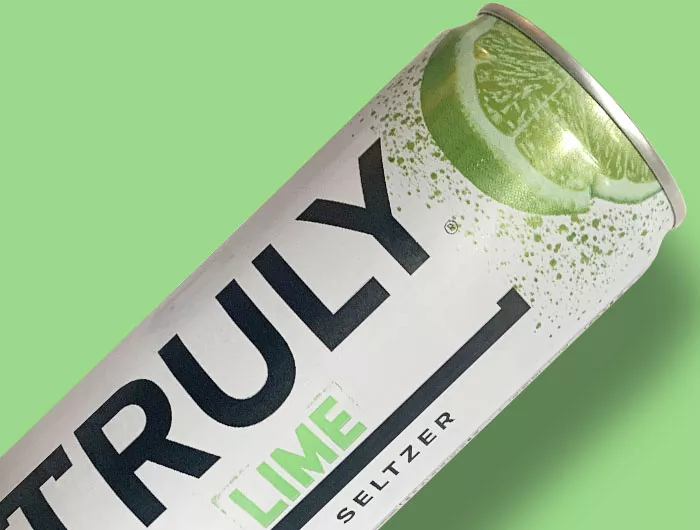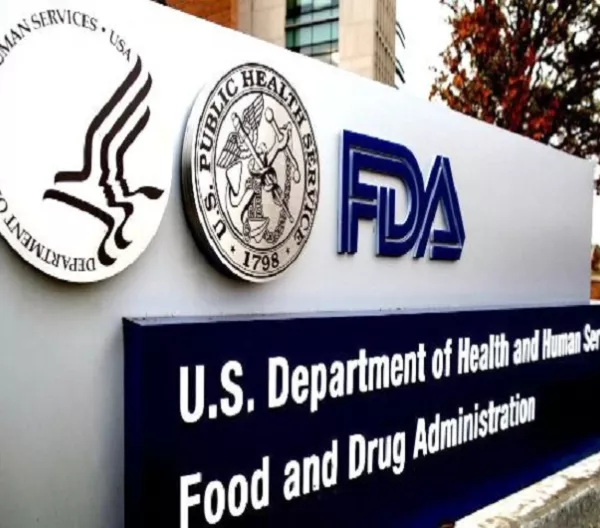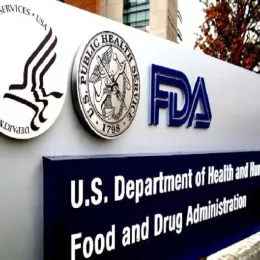Peter's Memo: The fight for Alcohol Facts

Marlena Koch - CSPI.
At the Center for Science in the Public Interest, we’re not only pushing for better food labels. For decades, we’ve also been fighting for labels that give consumers critical facts about alcohol.
Calories in alcohol
A 12 oz. Truly Hard Seltzer has 100 calories, says its Nutrition Facts label. Good to know. How about the company’s Samuel Adams Boston Lager? Its label doesn’t say.
That’s because most beers, wines, malt beverages, and liquors are regulated by the Treasury Department, which doesn’t require Nutrition Facts. (Some drinks carry voluntary disclosures, though they’re often small and hard to read.)
In contrast, you’ll see Nutrition Facts on hard seltzers, hard ciders, wine spritzers and coolers, and beers made from sorghum, rice, or wheat (not the usual barley and hops). That’s because those drinks are regulated by the Food and Drug Administration.
So we and other health advocates petitioned the Treasury Department to require that alcohol labels disclose calories, along with serving size, servings per container, and alcohol content.
But that petition was filed nearly 20 years ago...and Treasury is still dragging its feet. So in October, CSPI, the Consumer Federation of America, and the National Consumers League sued the department to force it to act on our petition. It’s about time.

Ingredients in alcohol
Our petition and lawsuit also called for mandatory ingredient lists.
Does a drink have ingredients derived from a major allergen like wheat? Does it contain a risky additive like sucralose? Alcohol labels regulated by Treasury don’t have to say.
Millions of Americans suffer from food allergies. The Treasury Department should require the same basic transparency that we expect from other packaged foods.
Cancer warnings on alcohol
Alcohol isn’t just a source of roughly 100 to 300 calories per drink that fuel obesity and its health consequences. And it’s not just a factor in many homicides, falls, drownings, burns, assaults, and car crashes.
Alcohol also raises the risk of some cancers. And the current mandatory warning—alcohol “may cause health problems”—isn’t enough.
In a 2020 petition, CSPI and other groups asked the Treasury Department to press Congress to change the labeling law to warn consumers that “consumption of alcoholic beverages can cause cancer, including breast and colon cancers.”
If you’ve been reading Nutrition Action, that’s not news to you. But everyone deserves crucial health information based on the latest science.
We’ll keep you posted on our progress.
More on labeling
CSPI celebrates FDA front-of-package nutrition labeling proposal
Food Labeling

CSPI supports U.S. Surgeon General’s call for cancer warnings on alcohol labels
Food Labeling

Food companies fail on clean label promises
Advocacy

FDA’s updated definition of 'healthy' aligns food labels with nutrition guidelines
Food Labeling

CSPI’s 2024 victories: What we’ve accomplished this year
CSPI


